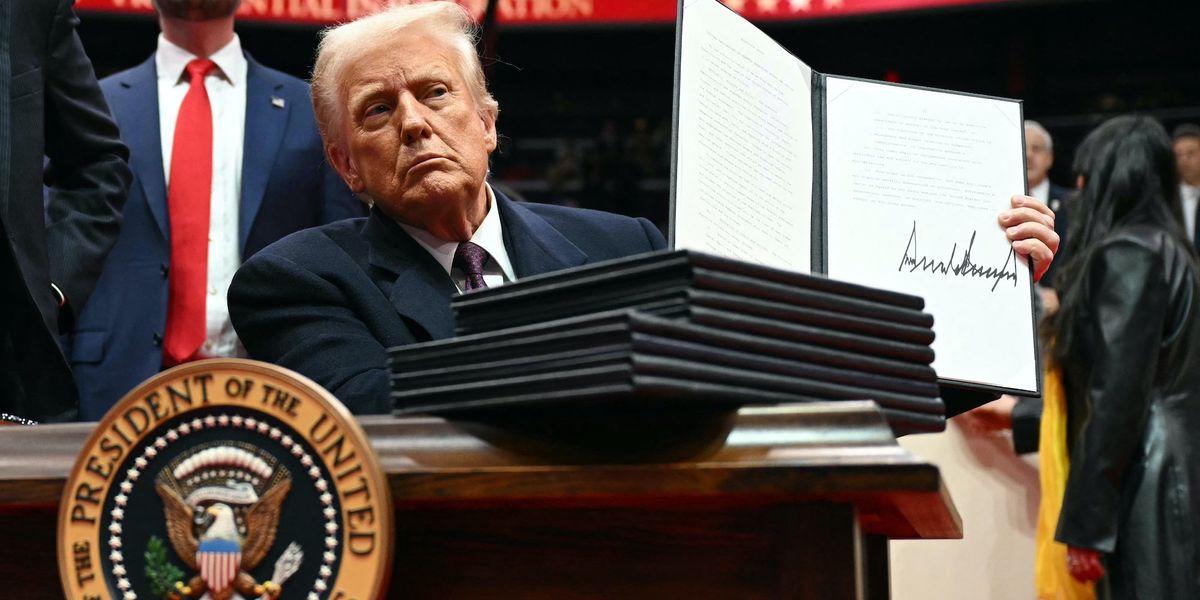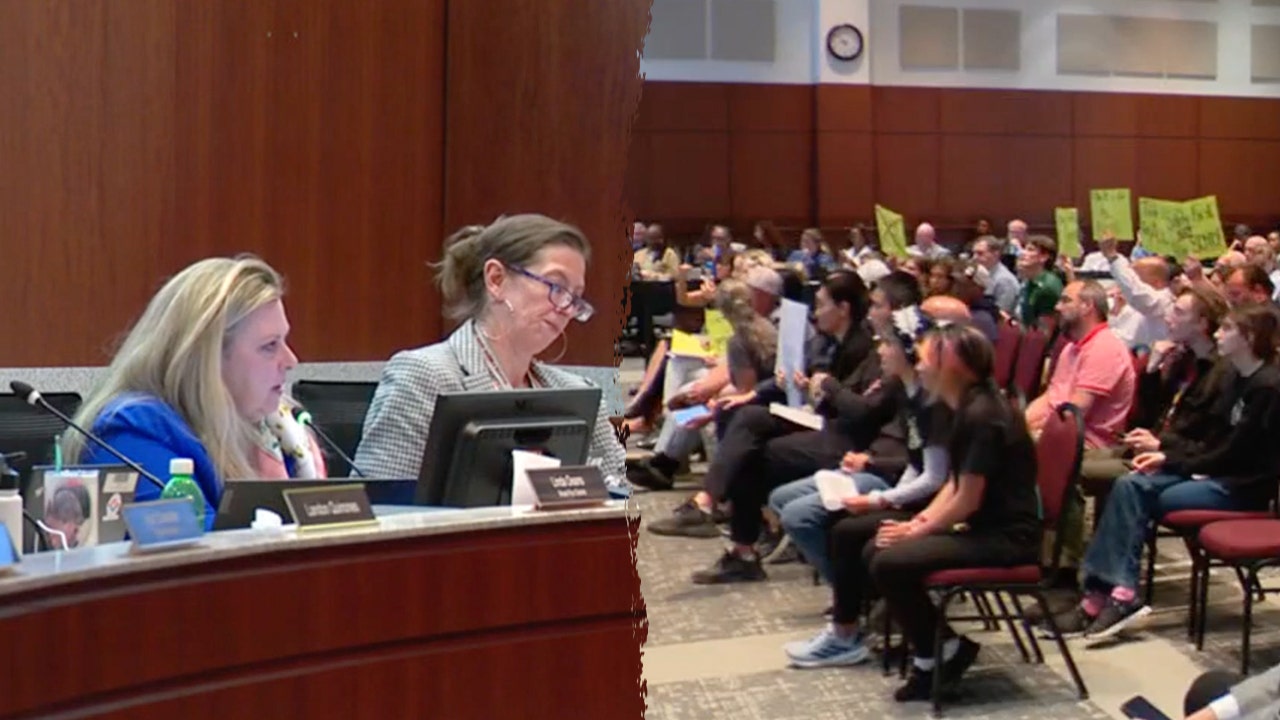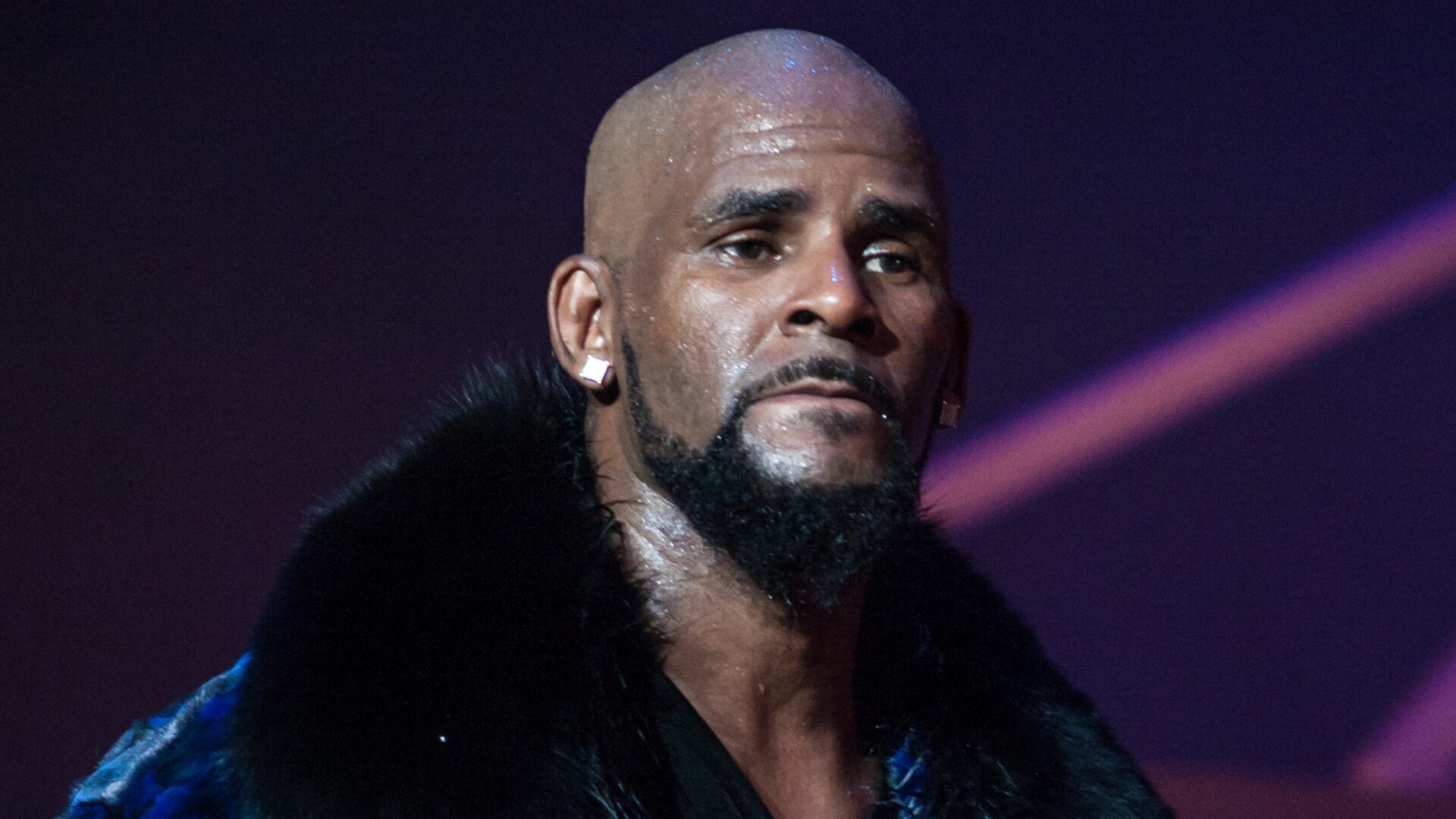A significant legal battle has emerged as a federal judge recently blocked President Donald Trump’s executive order aimed at ending birthright citizenship. The order, which sought to prevent noncitizens from securing U.S. citizenship for their children born on American soil, has sparked intense debate and legal scrutiny.
Critics argue that the order conflicts with the U.S. Constitution, with U.S. District Judge John Coughenour describing it as “blatantly unconstitutional.” Coughenour, who has served as a judge for four decades, stated that he had never encountered a case where an order was as clearly unconstitutional.
Give Me Five Podcast
This decision has brought attention to the controversial practice of birth tourism, where individuals, particularly from China, travel to the U.S. to give birth and secure citizenship for their newborns.
The Trump administration’s attorneys defended the order, but Judge Coughenour expressed skepticism about the constitutionality of such a mandate. He remarked that attempting to justify the order’s legality “boggles the mind.” The administration’s stance is that ending birthright citizenship would curb the perceived misuse of the 14th Amendment, which grants citizenship to anyone born in the United States.
Washington’s assistant attorney general, Lane Polozola, argued against the order, highlighting its potentially far-reaching consequences. Polozola emphasized that the executive order would strip hundreds of thousands of individuals of their citizenship, asserting that it is “absurd” to claim that children born in the U.S. to undocumented parents are not under the jurisdiction of the United States. He further noted the impracticality of halting births while the legal process unfolds.
The American Civil Liberties Union (ACLU) and attorneys general from 18 states have joined forces to challenge the executive order. Washington State Attorney General Nick Brown expressed approval of the judge’s decision, applauding the temporary restraining order issued nationwide.
Brown took to social media to highlight the victory, reinforcing the commitment to protect the freedoms of Washington residents.
However, not everyone agrees with the ruling. Representative John Rose from Tennessee voiced his opposition, asserting that the concept of birthright citizenship stems from a misreading of the 14th Amendment. Rose argues that mere birth on U.S. soil should not automatically confer citizenship, suggesting a need for a more stringent interpretation of the amendment.
Judge Coughenour, appointed by President Ronald Reagan in 1981, remains at the center of this contentious legal issue. His decision to block the executive order has significant implications for the ongoing debate over immigration and citizenship rights in the United States.
The ruling underscores the complexities surrounding the 14th Amendment and the challenges in balancing immigration control with constitutional protections.
This legal battle highlights the broader discourse on immigration policies and citizenship laws in America. Supporters of the executive order argue that it is necessary to address loopholes and ensure that citizenship is not exploited by noncitizens.
They believe that the current interpretation of the 14th Amendment encourages illegal immigration and undermines the integrity of U.S. citizenship.
On the other hand, opponents of the order contend that birthright citizenship is a fundamental right enshrined in the Constitution. They argue that the executive order infringes upon this right and discriminates against certain groups, particularly children born to undocumented immigrants.
The legal challenges brought forth by the ACLU and state attorneys general reflect a commitment to safeguarding the constitutional rights of all individuals born in the United States.
As the case progresses, it is likely to attract further national attention and provoke discussions about the future of immigration policy in the country. The decision to block the executive order represents a temporary victory for opponents, but the debate over birthright citizenship is far from over.
The legal proceedings will continue to unfold, with both sides preparing their arguments for future court hearings. The outcome of this case could have lasting implications for immigration law and the interpretation of the 14th Amendment in the United States.
In the meantime, the ruling serves as a reminder of the complexities involved in addressing immigration issues and the importance of upholding constitutional principles. The discourse surrounding birthright citizenship remains a pivotal aspect of the broader conversation on immigration reform and the rights of individuals born on American soil.




If a baby is born from an illegal border crosser and there is not an American who fathered that child then that child is not an anchor baby as there has to be an American citizen involved in the conception of said chail. READ the CONSTITUTION and you will see what it really says.
The 14th amendment was for people brought here against their will (slaves) to make them citizens when they were freed not for illegal people, there is no one alive today that it applies to!
Move all pregnant visitors, Visa holders, and illegals to the top of the deportation lists and don’t let any more in.
The 14th Amendment states “All persons born or naturalized in the United States, and subject to the jurisdiction thereof, are citizens of the United States and of the State wherein they reside”. The issue is the words “and subject to the jurisdiction thereof”, meaning citizenship jurisdiction as it applies to a foreign citizen. A citizen of a foreign country or power and one who has made no declaration of their intent to become a US Citizen are not subject to the jurisdiction of the US as it applies to citizenship. This is clear as it was stated by the primary author of the 14th Amendment, John Bingham (1815-1883) Senator from Ohio, during his speech in Congress when discussion about the proposed amendment was being held. If the parents of the person born in the US are NOT US Citizens and have made no declaration of their intent to become a US Citizen, those parents and that child are only subject to the Citizenship Jurisdiction of the country they are citizens of and NOT the US. These crucial words “and subject to the jurisdiction thereof” and their meaning per when 14th Amendment was written and ratified have been ignored and discounted for way too long. My creds on this issue is a BA in early American, Constitutional, and Military History from the University of Southern New Hampshire in 1979 earned while deployed overseas on Active Duty in the USN.